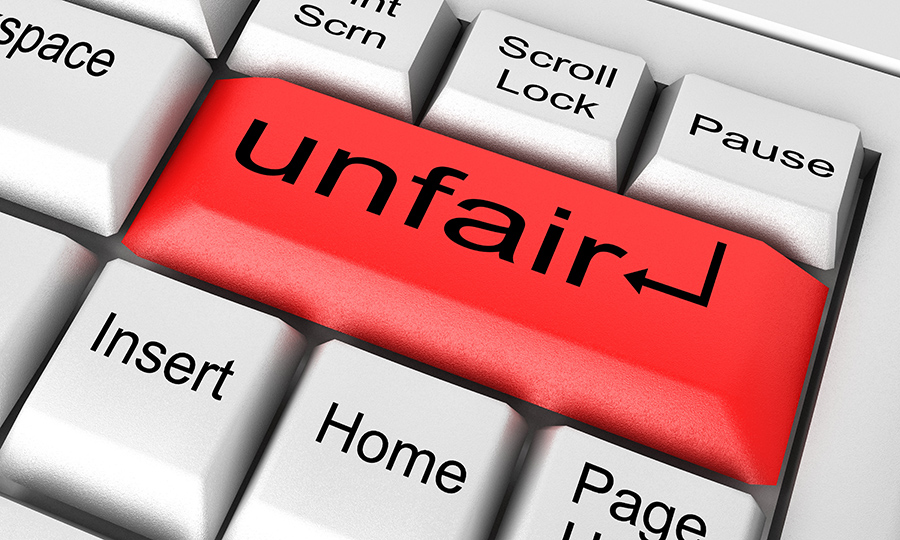Men at Risk seminar provides important information about stress and depression

Stress impacts everyone differently; unchecked it can lead to depression. If untreated, depression can end in suicide in some extreme cases.
The Men at Risk seminar held at Nights Alive in Sedgewick recently was sponsored by Flagstaff Family and Community Services (FFCS) with facilitator Dayna Sanders of Alberta Health Services (AHS) discussing the causes and effects of depression in men, specifically, along with guest speaker Colin Millang speaking about his experience with depression.
Men at Risk is a program that targets adult men working in trades, industry, and agriculture along with their spouses, family, friends, co-workers, financial advisors, employers, etc.
Sanders told those gathered Thursday, “Every day one person dies of suicide in Alberta.
“There is a four-to-one ratio of men who commit suicide to women.
“But suicide is considered a preventable injury.”
She says for Canadians workplace stress is considered a primary trigger, even ahead of financial stress.
Sanders took the audience through common signs and symptoms of depression.
Sanders talked about stress triggers for farmers in particular that include pressure to keep the family farm going, technology to keep up with, and an unpredictable debt load. For farmers work is also their home, with no escape from the stress load.
For trades and those who work in the oilfield, Sanders says that stresses that can build up over time due to longer hours in the workday; having to work additional shifts; and sometimes being away from family for long periods where a feeling of disconnect occurs.
Colin Millang, the guest facilitator, spoke about his experience with depression.
He broke his experience into three parts: life before his depression, during, and how he recovered.
In part one, he recounts growing up on a hog farm.
In 2000, Millang won the SPCA Farmer of the Year Award; and says, “I was happy.”
Part two began with drought, hogs affected by disease, declining hog prices, bills piling up, his massive debt, and then equipment break-downs.
As he spiralled into depression, Millang says, “I was feeling profoundly alone.”
Millang says there are five ways men often seek release from stress, those can include alcohol, drugs, womanizing, gambling, or porn; for him it was alcohol.
As for the farm, Millang said, “If you don’t make a decision, someone else is going to make it for you.”
For him, that meant watching as a sheriff showed up to repossess his equipment and later, watching his wife of 20 years leave their marriage.
Millang says depressed people are often angry; inattentive; moody; or reckless, doing things that could put them or others in harm’s way.
He says, “I was angry, but I felt I had to put the lid back on the volcano; we tell men to, and socialize boys to, suck it up.”
How did he go from not wanting to live to being well today?
Millang says, “You need help to get clear about what is really important to you.
“You would think it would be an easy decision; but it is not! You take one step at a time out of the valley.”
Sanders closed the presentation with advice for those who may feel they are depressed, and for those around them. She says, “There are things we can say or do to help. We can ask directly about how someone is doing; how their situation is affecting them; how bad things are for them; if anyone else knows how they are feeling; if they are thinking of suicide; and if they have tried to get help.”
She says, “Don’t be shy about asking if someone is considering suicide, they may be too embarrassed to bring it up.”
 Sanders also offered tips to help. She says to listen to what someone says about how they are feeling, and avoid making judgements.
Sanders also offered tips to help. She says to listen to what someone says about how they are feeling, and avoid making judgements.
“Don’t jump in with advice right away, and listen without arguing.
“Encourage them to talk to someone rather than struggle with their problems alone,” she says, “and get their agreement to take a first step towards getting help.
“If you think someone is at immediate risk, don’t leave them alone.”
Help lines are available 24-hours-a-day, seven-days-a-week at: Mental Health, Health Link, and AADAC.
Jamie Geddes, Staff Reporter









